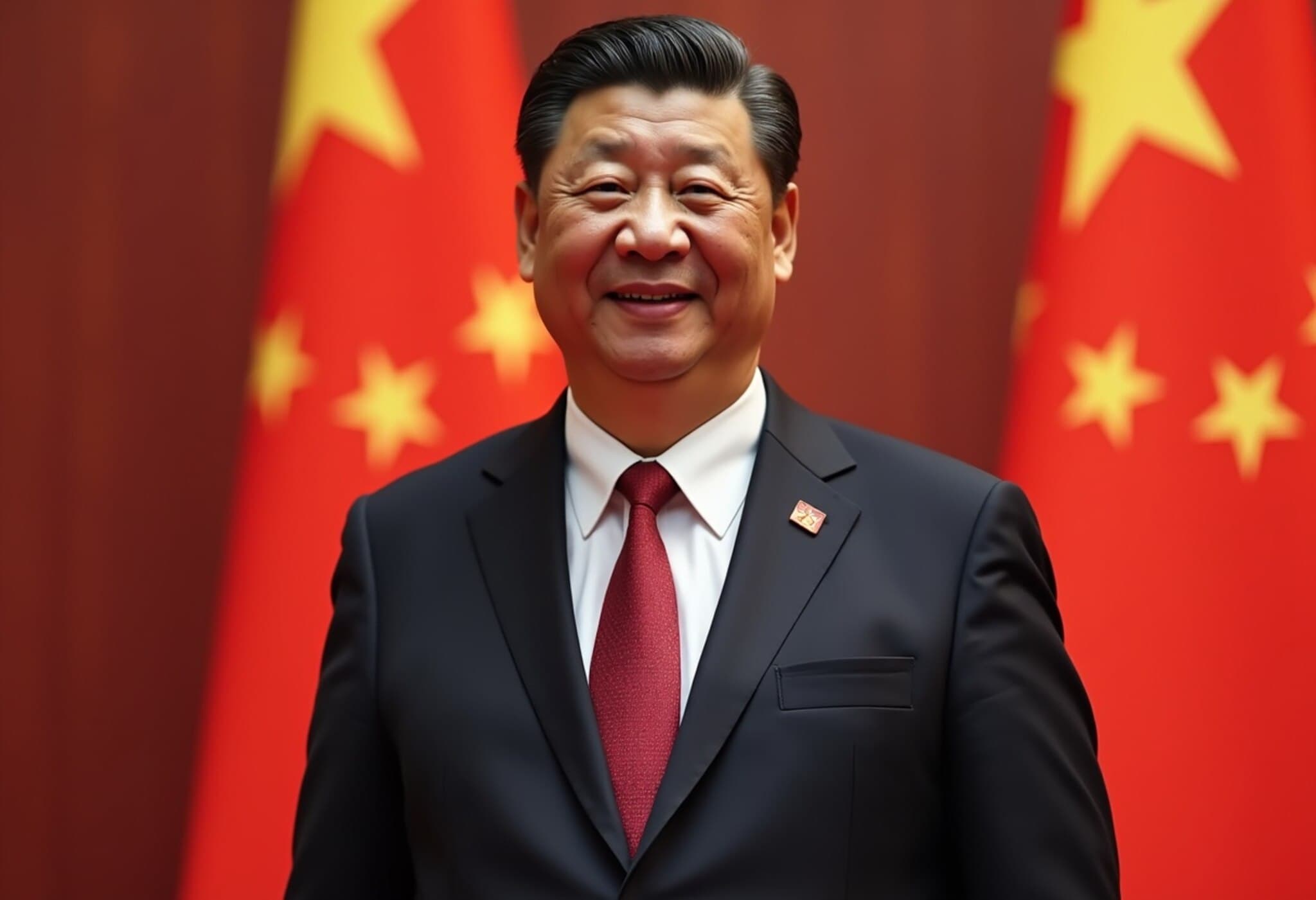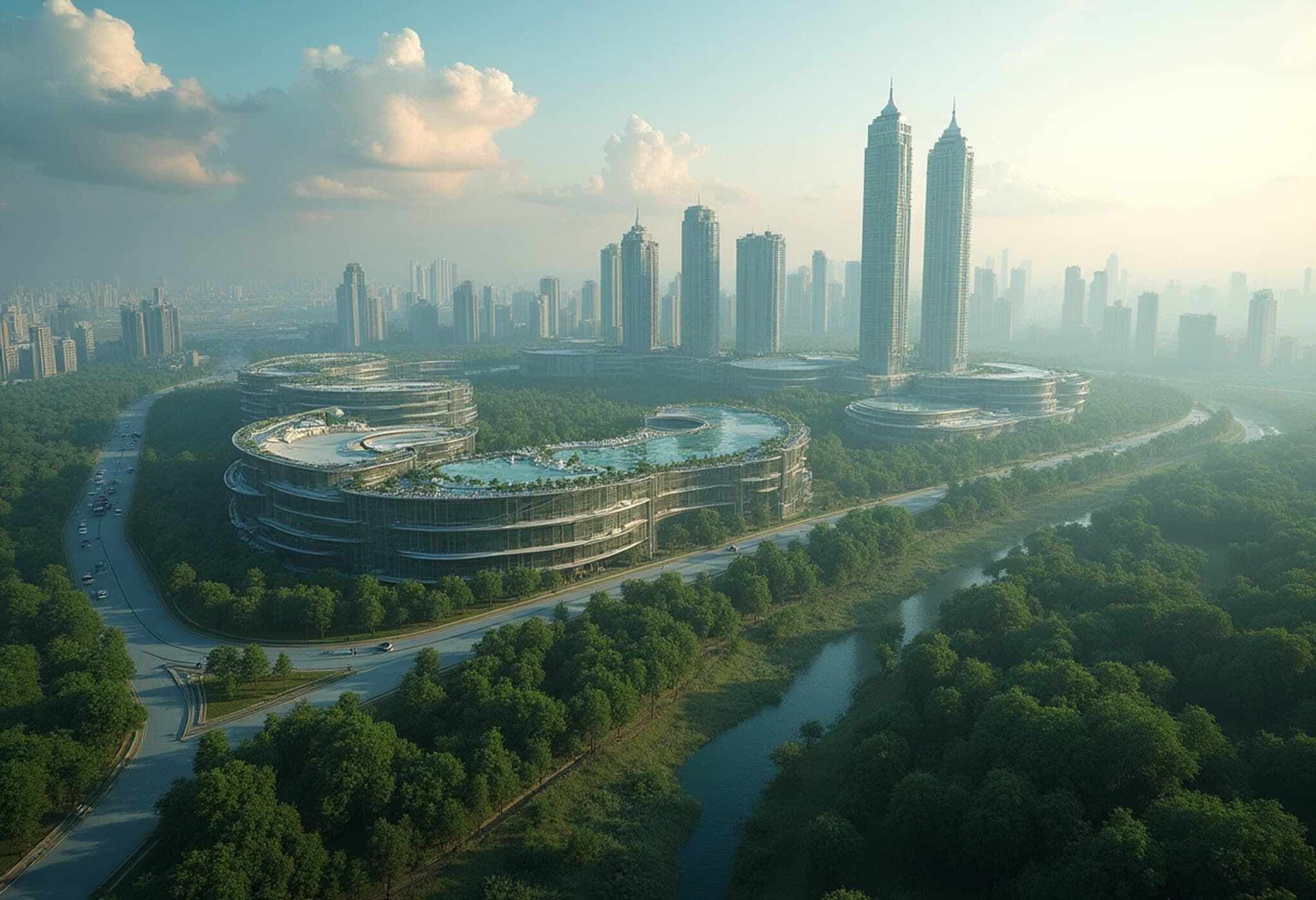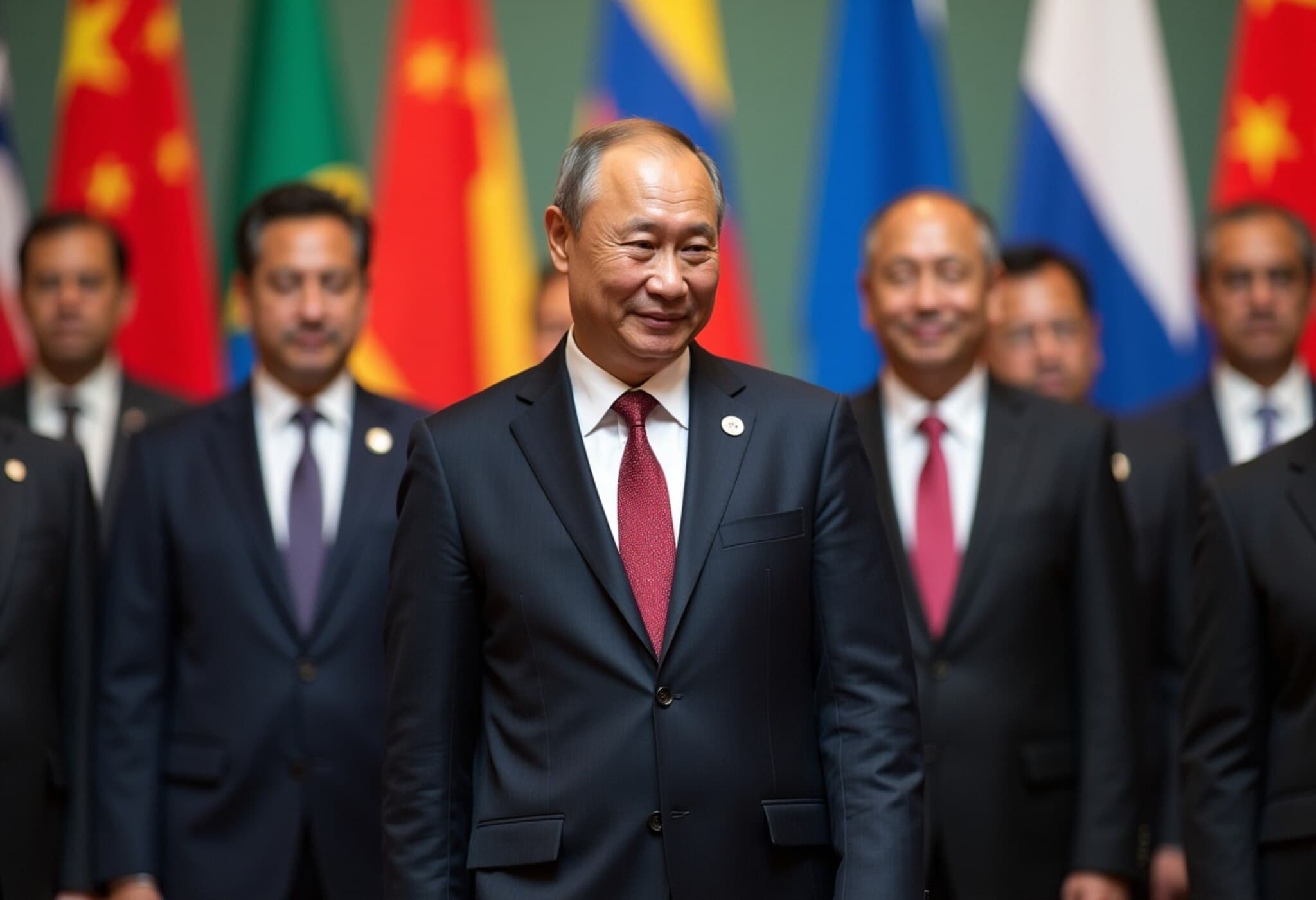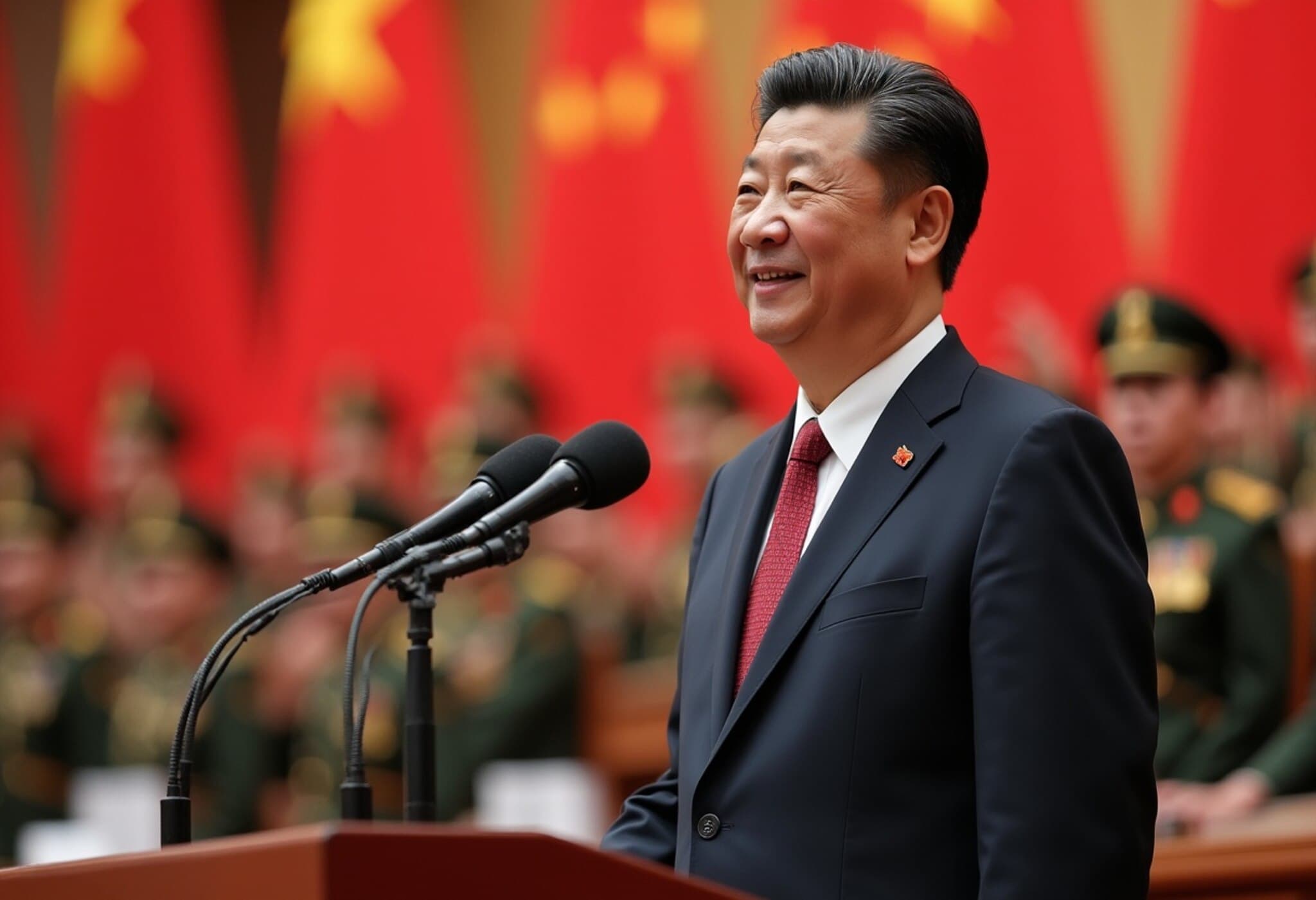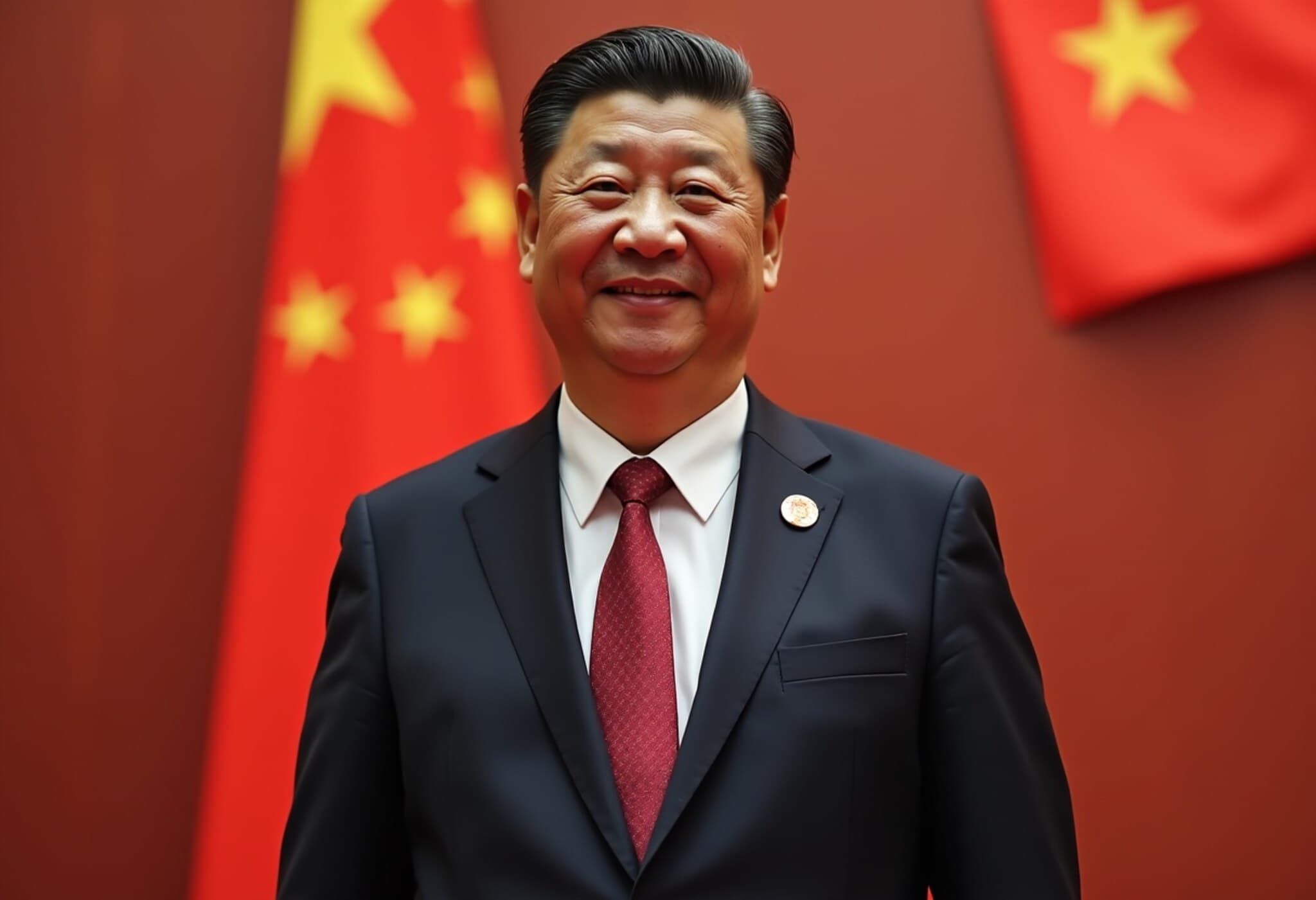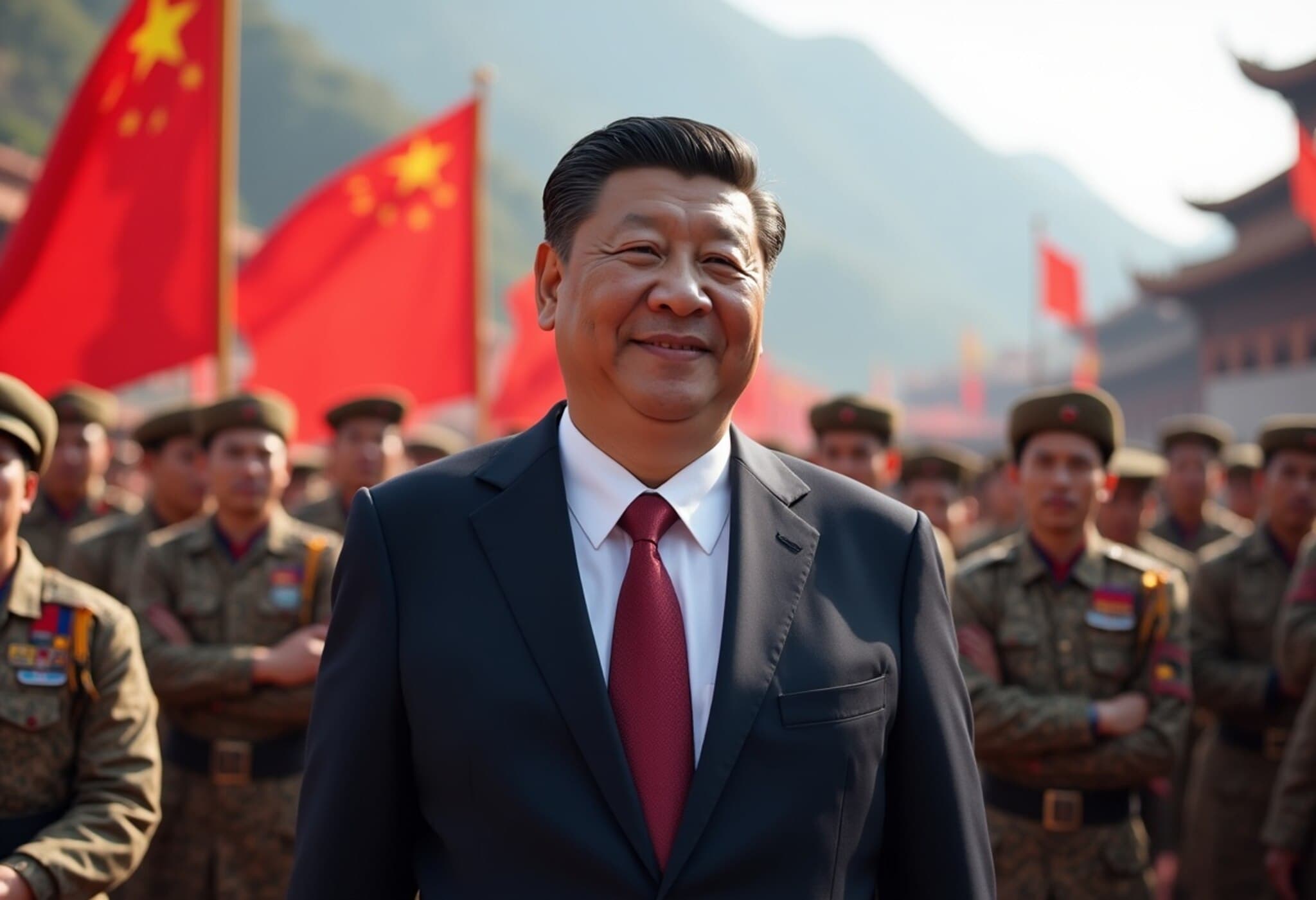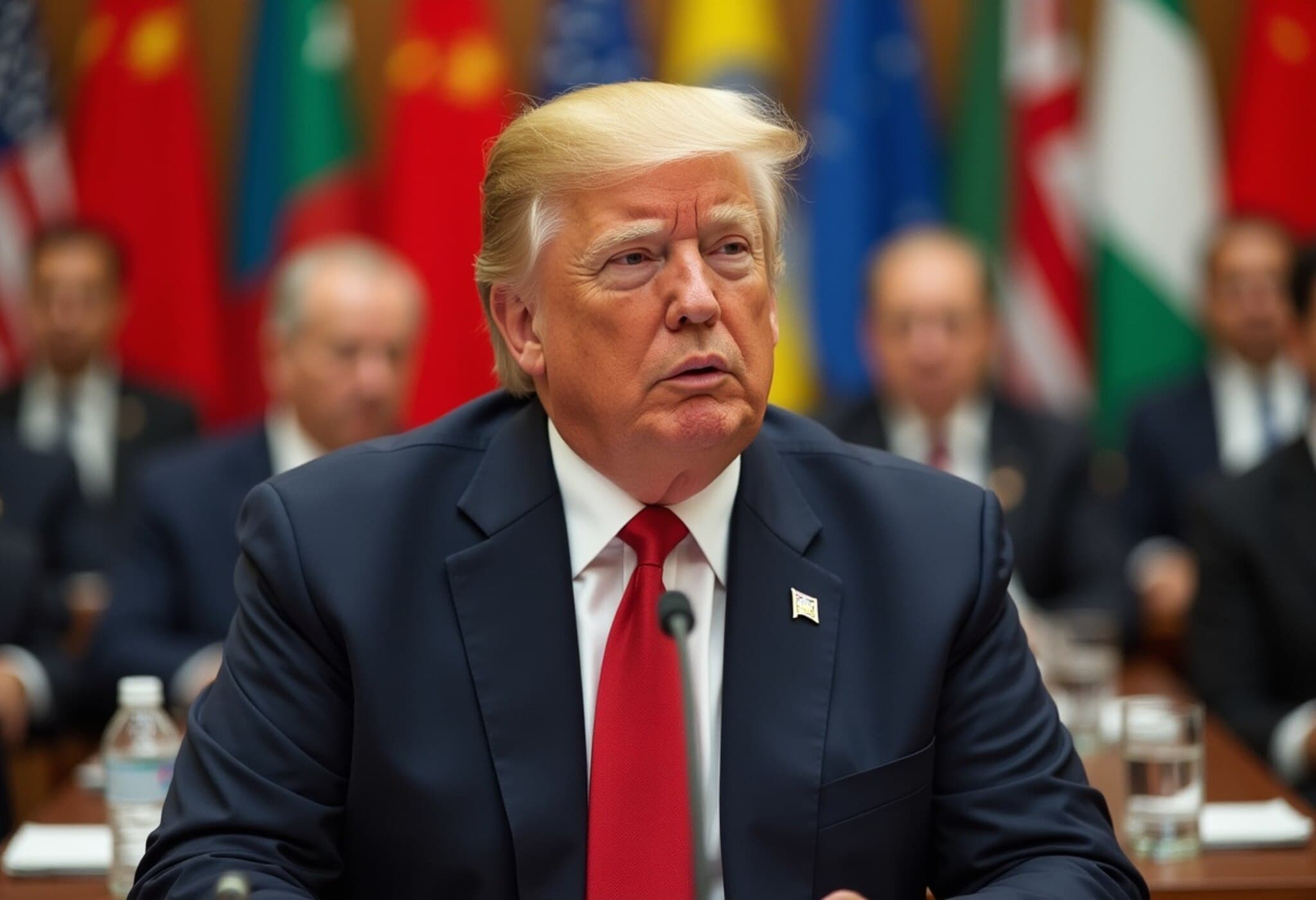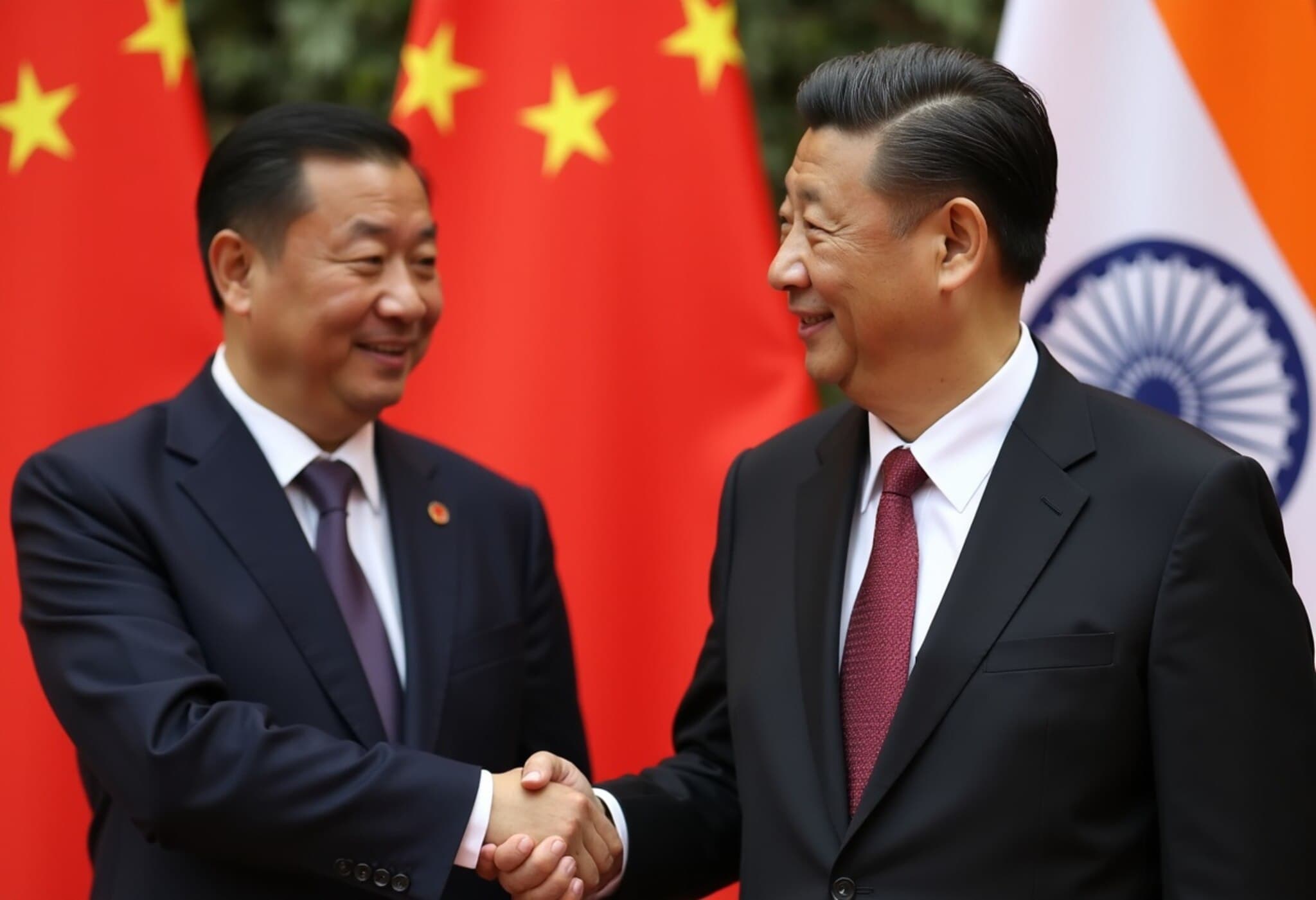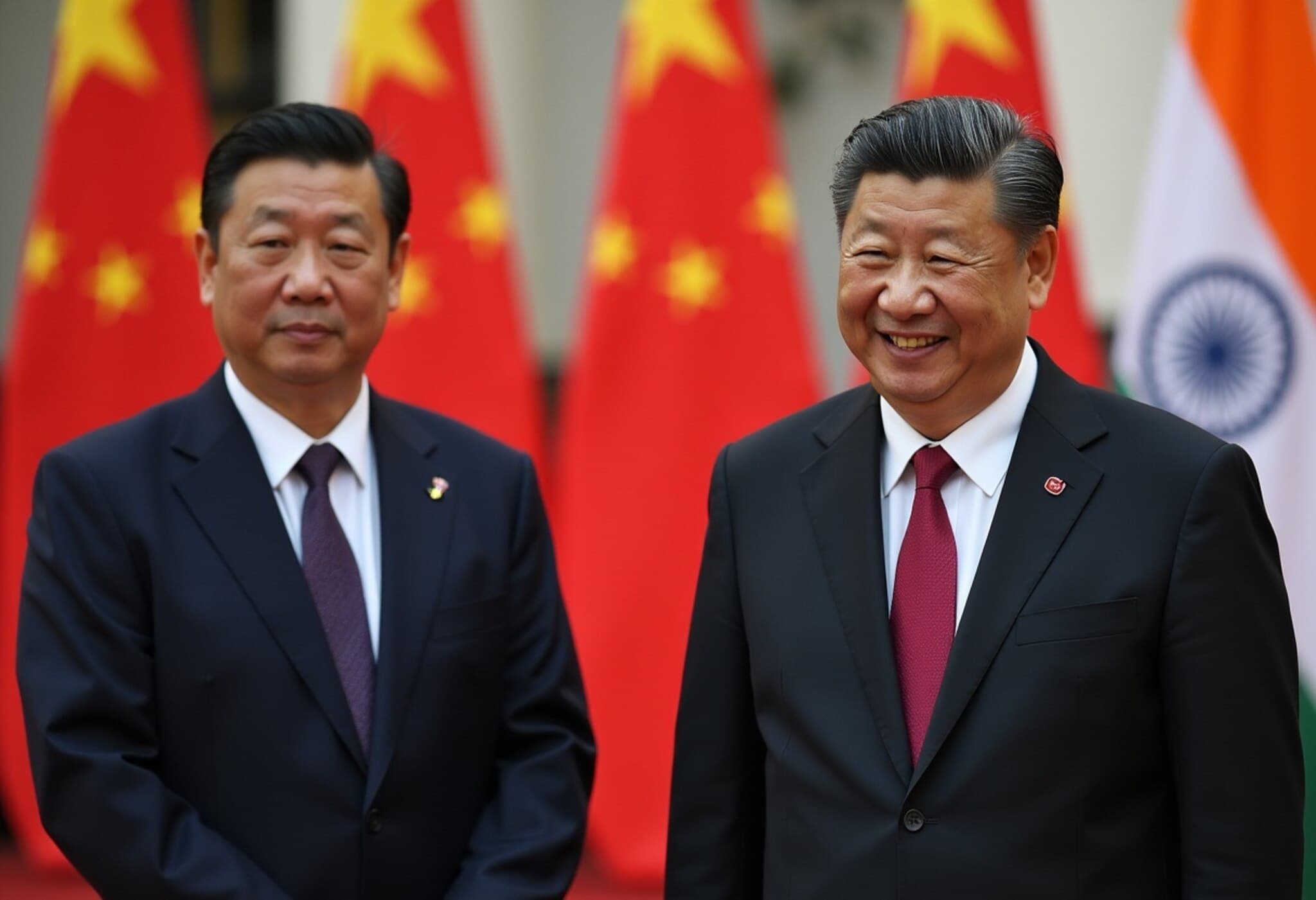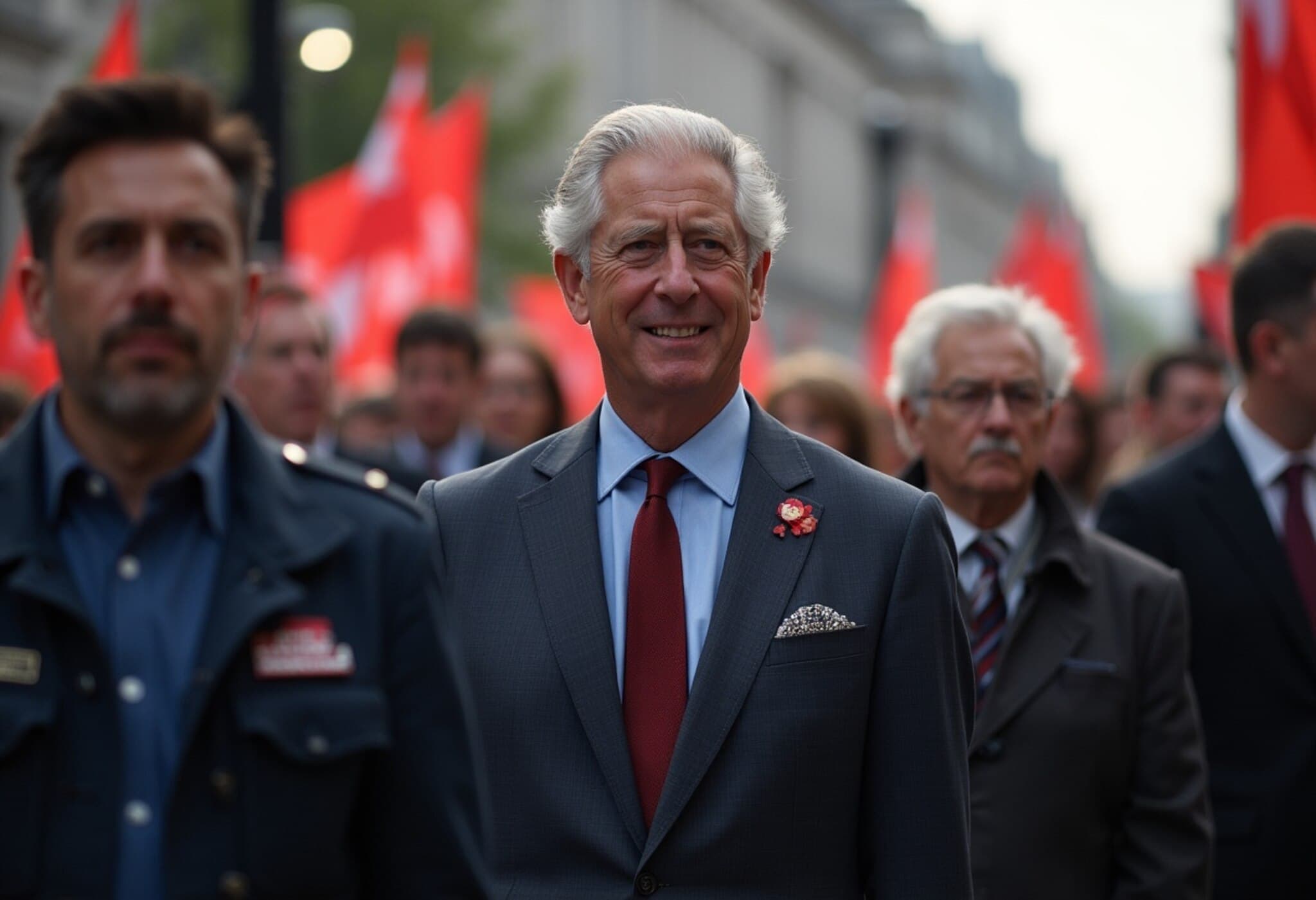China’s Political Landscape: Is Xi Jinping Preparing to Step Back?
Chinese President Xi Jinping, often regarded as China’s 'leader for life', is signaling subtle yet significant changes in how power and decision-making are distributed within the Communist Party. Recent reports that Xi is delegating authority to key party institutions have stirred speculation about a possible shift in his role — either a careful handover or a strategic delegation while maintaining control.
New Party Regulations Suggest Strategic Reorganization
State-run Xinhua News Agency revealed that during a Politburo meeting on June 30, presided over by Xi, the 24-member body reviewed new regulations to streamline the operations and responsibilities of the Central Committee’s decision-making and coordinating bodies. These measures aim to increase leadership efficiency amid a complex domestic and international environment.
Observers note that such restructuring often signals a critical juncture in Chinese politics. A China-based political analyst spoke to the South China Morning Post under anonymity, stating, “The rules may be set up to regulate the bodies because it’s a key time for power transition.”
Delegation or Departure? Divergent Expert Views
While some interpret these changes as a prelude to a leadership transition, others argue they reflect Xi's intention to maintain overarching control by delegating day-to-day governance to trusted officials. Victor Shih, a scholar of Chinese elite politics at UC San Diego, explains, “It does seem that Xi might pay less attention to daily details, which necessitates a policing mechanism to ensure his policy priorities are implemented below him.”
Xi’s Absence from the 2025 BRICS Summit: A Signal?
Adding fuel to debates, Xi made headlines by skipping the 2025 BRICS summit in Rio de Janeiro — a first in his presidency. Premier Li Qiang represented China, prompting global pundits to ponder whether Xi is preparing for a gradual retreat from international engagements.
Economic Pressures Prompting Political Recalibration
The backdrop to these developments is an economy wrestling with serious headwinds. Persistent trade tensions and tariffs from prolonged disputes with the United States have curtailed China’s exports by an estimated USD 440 billion. Meanwhile, the housing market slump and fallout from the abrupt end to the zero-COVID policy further complicate economic recovery.
These challenges may be weighing on Xi’s calculus, encouraging a more collective decision-making structure or staged delegation of power to navigate the turbulent times.
Xi Jinping’s Consolidation and the Road Ahead
Since assuming the General Secretary post in 2012, Xi has been nothing short of a commanding force—centralizing power across the political, military, and economic spheres and spearheading a sweeping anti-corruption campaign. His 2016 designation as the “core leader” mirrors the stature of Mao Zedong, cementing his unique footprint in Chinese history.
Most notably, the removal of presidential term limits in 2018 paved the way for his unprecedented third five-year term as General Secretary in 2022 and a third presidential term in 2023. Unlike his predecessors who stepped aside after two terms, Xi’s extended tenure is a break from decades of party tradition.
Looking Ahead: The 2027 CPC Congress as a Pivotal Moment
Speculation about Xi’s long-term plans will likely crystallize by the next Communist Party Congress slated for 2027, marking the end of his current term. Observers worldwide will closely watch for signals—whether an emerging successor steps forward or Xi doubles down on his control.
Global Implications: Why This Matters
China remains a pivotal actor on the world stage. Any change in its leadership dynamics affects international diplomacy, trade, and geopolitical balance. For the US and other countries engaged in complex economic and strategic relations with China, understanding these internal shifts is critical.
Moreover, the potential for power decentralization within the CPC could influence China's policy responsiveness amid global challenges like climate change, technological competition, and security tensions.
Editor’s Note
The nuanced signs of China’s evolving power structure offer a window into how one of the world’s most consequential leaders might be preparing for the future. Whether this is a prelude to a graceful exit, a tactical delegation to sustain governance, or a recalibration in response to economic and geopolitical challenges remains an open question. As the 2027 Congress approaches, monitoring these subtle shifts will be essential for policymakers, investors, and global citizens seeking to grasp the trajectory of China's domestic and international posture.

